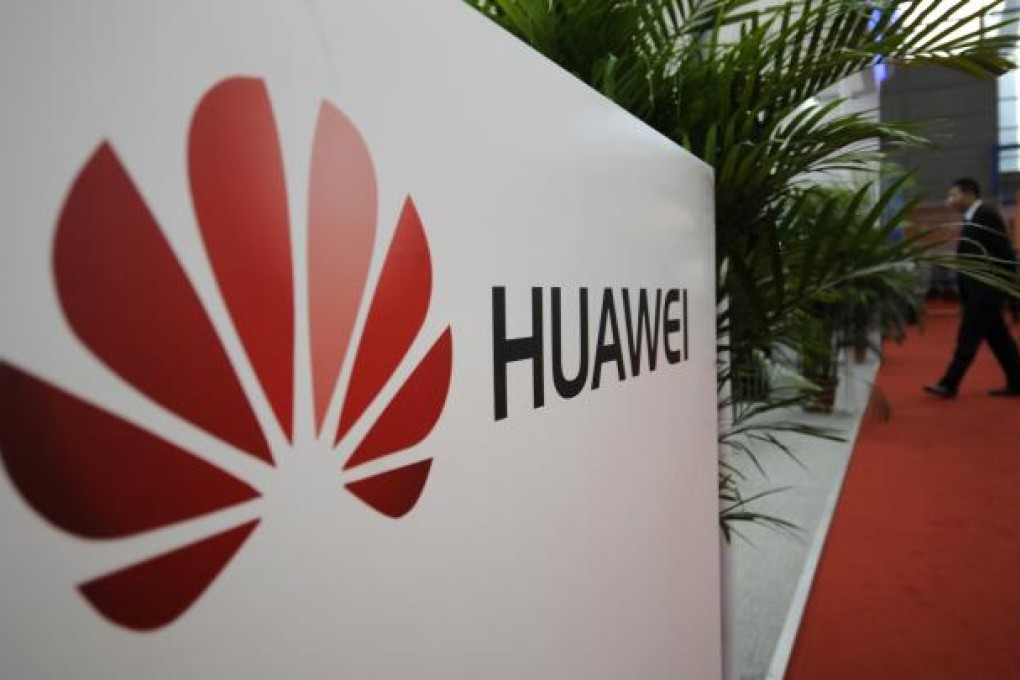Opinion | Huawei's slowing growth, Google-Hisense tie-Up
Hisense's new Google smart TV could have a difficult time winning over consumers, while Huawei's latest sales forecast indicates its overall growth is likely to stay below 20 per cent.

A couple of items from the consumer electronics space are worth looking at today, including one that shows Huawei's consumer unit forecasting surprisingly slow growth while electronics giant Hisense (Shanghai: 600060) is cementing an interesting TV tie-up with Google (Nasdaq: GOOG). Both of these news bits highlight China's growing prowess as a consumer electronics maker, as the country rapidly rises to challenge traditional powerhouses like Japan, South Korea and Taiwan with products that can compete globally not only in price but also in quality.
The two sides have already showed a set-top box for the new smart TV at a trade show in Germany last month, and the new TV product itself should be launched soon, the reports say. This particular foray seems to be part of Google's broader decision to become more involved in the consumer electronics hardware business, as reflected by its recent purchase of Motorola's handset unit. Such a strategy would make Google more like Apple (Nasdaq: AAPL), which has found huge success making devices like its popular iPhone smartphones and iPad table computers, and which is reportedly developing its own TV product.
Google's choice of Hisense is an interesting one, as the Chinese company enjoys a strong reputation at home but is largely unknown overseas. In choosing Hisense, Google is taking a gamble that the Chinese company can deliver a quality product that will appeal to finicky global consumers who typically demand very high quality out of their high-tech gadgets in new areas like smart TV. I'm a bit sceptical that Hisense can deliver that kind of device, but will hold back from passing judgement until the two companies make their official product launch, which perhaps could come at the upcoming CES consumer electronics show in Las Vegas in January.
Meantime, other media are reporting that Huawei expects its consumer electronics business to grow 30 per cent next year, a figure that looks surprisingly low to me considering that Huawei's emphasis on cellphones and other consumer products is relatively recent. The reports cite a Huawei executive saying that within its consumer product segment, smartphone sales should grow more quickly by more than 40 per cent.
The 30 per cent broader growth rate would be slight decline from forecast growth for the consumer products division this year, though it would still be well ahead of the 12 per cent growth in overall revenue the company posted in 2011 as business for its traditional networking equipment unit slowed.
